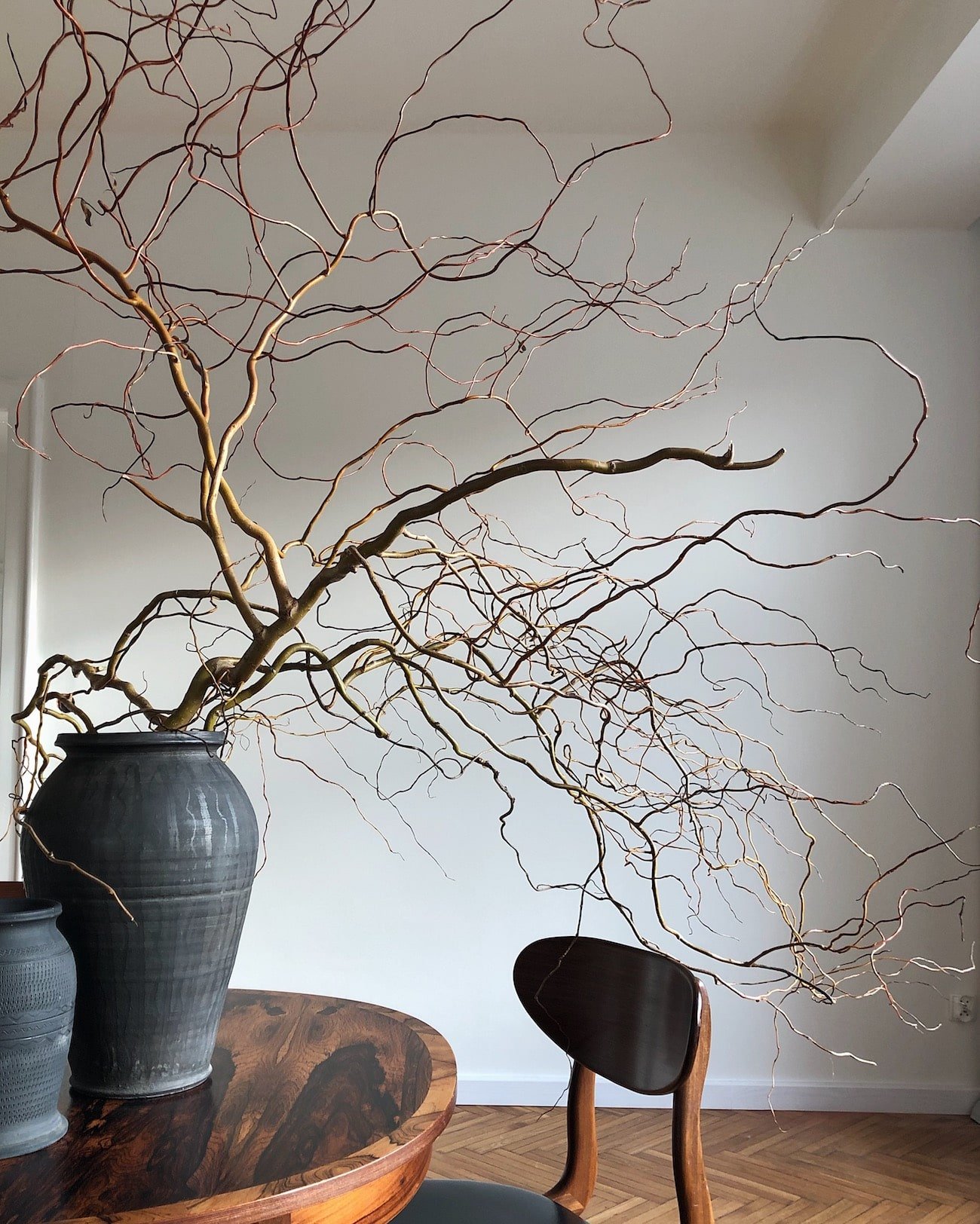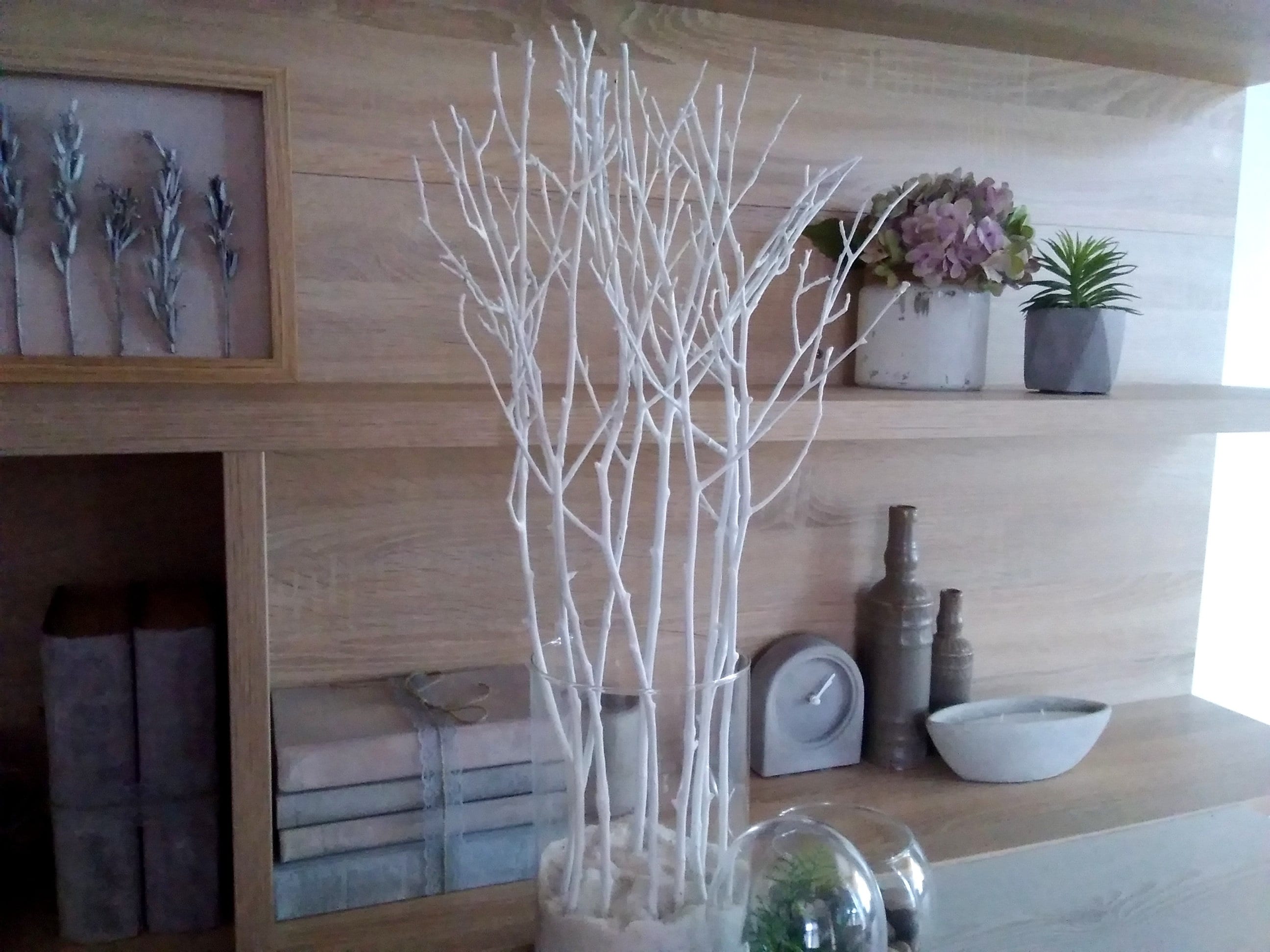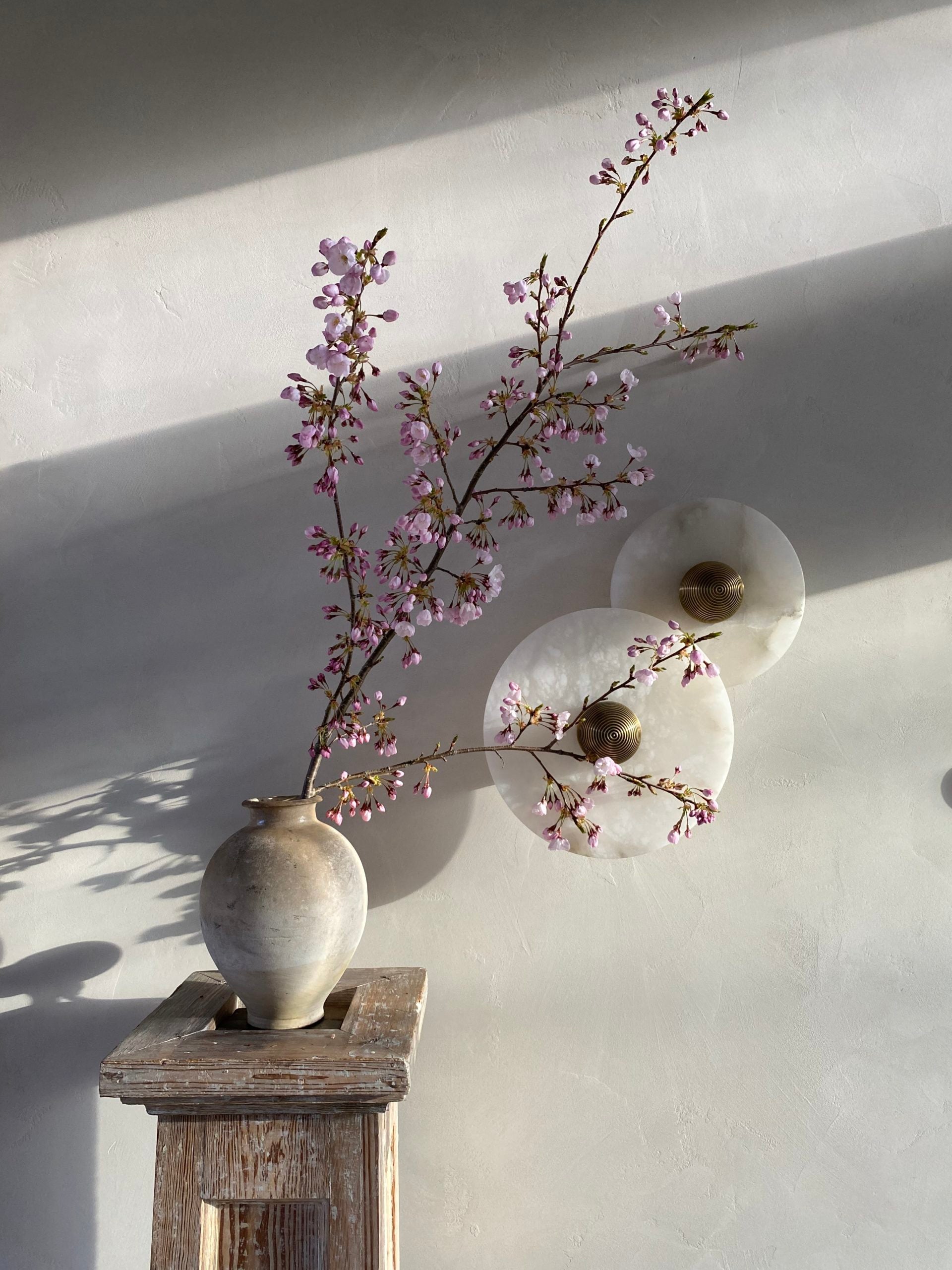Are you looking for a simple yet effective way to elevate your home decor? Look no further than decorative branches in a vase! They bring a touch of nature indoors and can seamlessly blend with various design styles. In this article, I’ll share my personal experiences, care tips, and design ideas, ensuring that by the end, you’ll feel inspired to incorporate these beautiful elements into your home.
Why Choose Decorative Branches?
Decorative branches not only add a unique aesthetic to your space but also offer various benefits:
- Natural Element: They bring the beauty of nature inside, creating a calming atmosphere.
- Versatility: Branches can fit into any decor style, from rustic to modern.
- Low Maintenance: Unlike flowers, branches require minimal care, making them perfect for busy lifestyles.
Types of Decorative Branches for Your Vase
There are numerous types of branches to consider when selecting the perfect ones for your home. Here are some popular options:
1. Flowering Branches
Branches bearing blossoms, such as cherry or dogwood, bring a vibrant pop of color.
2. Foliage Branches
These include branches with leaves, like eucalyptus or olive branches, adding texture and freshness.
3. Evergreen Branches
Perfect for a cozy feel, evergreen branches are great for holiday decor but can also work year-round.
4. Decorative Twigs
Twigs can add a rustic touch and are perfect for more minimalist arrangements.
Choosing the Right Vase for Your Branches
Once you’ve selected your branches, the next step is choosing the right vase. The vase can significantly impact how your arrangement looks. Here are some tips:
1. Size Matters
A tall vase works well for long branches, while shorter ones suit smaller arrangements. Ensure the proportions are pleasing to the eye.
2. Material Consideration
The material of the vase can enhance the overall look. Glass adds a modern touch, while ceramic offers a classic feel.

3. Color Coordination
Choose a vase color that complements your branches. Neutral colors typically work well with most branches.
Comparison Table of Vase Types and Their Effects
| Vase Type | Perfect For | Aesthetic | Pros | Cons |
|---|---|---|---|---|
| Glass | Tall branches | Modern | Allows visibility of water | Fragile |
| Ceramic | Short to medium stems | Classic or rustic | Diverse designs | Heavy |
| Metal | Minimalist arrangements | Contemporary | Sturdy and can be artistic | May require upkeep |
| Wood | Rustic settings | Natural | Warmth | Can be bulky |

Crafting Your Arrangement: Tips and Tricks
Creating an eye-catching arrangement doesn’t need to be challenging. Here are a few tips based on my experiences:
1. Start with a Focal Point
Begin with the largest branch as your focal point, and build around it with smaller branches or twigs.

2. Vary Heights
Incorporate branches of various lengths to add depth and interest. This creates a dynamic visual impact.
3. Keep It Natural
Avoid overstuffing your vase—allowing negative space can make your arrangement feel more organic.

4. Use Filler
Consider using moss or pebbles at the bottom of the vase to anchor your branches and add texture.
Where to Display Your Decorative Branches
Location can make all the difference in how your branches enhance your home. Here are some ideal spots:
1. Living Room
A tall arrangement in a corner creates a stunning statement piece.

2. Entryway
A small vase with short branches can greet visitors with a welcoming touch.
3. Dining Table
Arrange branches in a low vase to create an elegant centerpiece.

4. Home Office
Brighten your workspace with greenery, boosting mood and productivity.
Care and Maintenance for Your Decorative Branches
While branches are low maintenance, they still require some care:
1. Watering
If using fresh branches, ensure the vase has water at the bottom. Change it regularly to keep it fresh.
2. Dusting
Regularly dust your branches to keep them looking fresh.
3. Rotation
Rotate your arrangement periodically for even exposure to light, preventing any one side from fading.
Pros and Cons of Using Decorative Branches
Pros
- Low maintenance.
- Versatile and unique.
- Inexpensive compared to other decor items.
- Brings a touch of nature indoors.
Cons
- Some branches may shed or dry out over time.
- Limited seasonal variety for fresh branches.
- Potential for dust accumulation.
Frequently Asked Questions (FAQs)
1. Can I use artificial branches in my vase?
Absolutely! Artificial branches are a great option for those who prefer no maintenance and want year-round decor.
2. How long can I keep decorative branches in a vase?
Fresh branches can last several weeks if properly cared for, while dried or artificial branches can last indefinitely.
3. What types of branches are suitable for indoors?
Popular indoor options include willow, cherry blossom, and eucalyptus branches.
4. Can I use branches from my garden?
Yes, using branches from your garden can create a personal touch and add a sense of familiarity to your decor.
Conclusion: Elevate Your Decor with Decorative Branches
Decorative branches in a vase can transform your living space into a sanctuary of style and tranquility. Feel free to experiment with different types and arrangements to find what resonates with you. Remember, each arrangement can tell a story about you—let your creativity flourish! So, gather some branches and start transforming your home today!